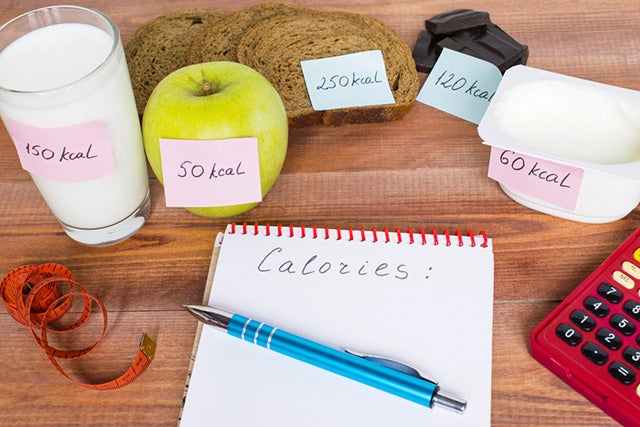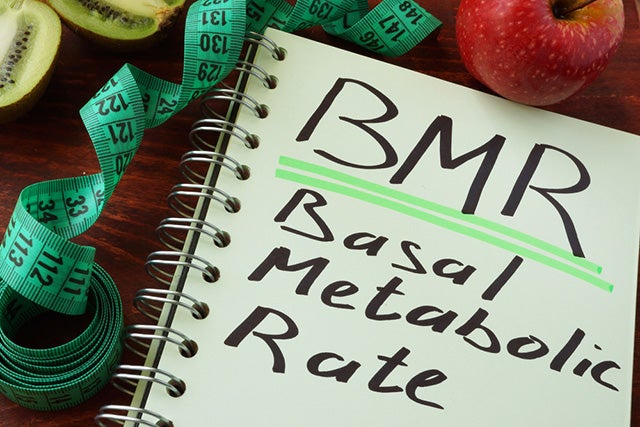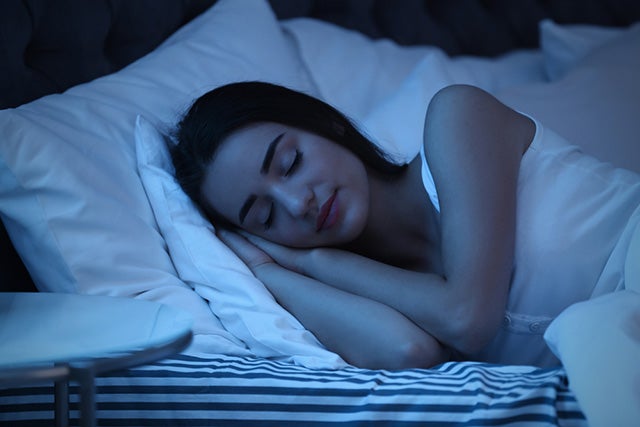You’ve passed by the term calories, and how they’re bad for you in excess but essential for your health. They have to be burnt off and regained almost all the time and they are always being used as a source of energy. With how commonly you hear the word calories, you’re probably curious about what they really are, and how we burn them.
That’s what we’re going to find out today! What are calories, how and why we burn them, and when we burn them too.
What Are Calories?
Calories provide everyone with the energy levels they require to function properly on a day-to-day basis. You get calories from fats, protein, sugar, and carbohydrates. All calories are important, and keeping a balance is important too.
You don’t want to take on more calories than your body needs, as this leads to weight gain. Maintaining a proper level of calories can be broken down into one simple formula: burn more energy than what you consume.
For men, the ideal calories to burn in a day is 1,500 calories. For women, it’s a little less, at around 1,200 a day. This varies from person to person as everyone has a different basal metabolism rate.
What is Basal Metabolism Rate?
Your basal metabolism rate (BMR for short) is the energy used up for essential functions in your body. These are not the ones you burn when working out or staying active, these are the calories which help your body provide bare minimum functions daily.
Your breathing, blood circulation, cellular growth and development, and temperature regulation, it’s all sourced from your BMR.
Your BMR is a total of 80% of your daily calorie consumption, so it’s very important to be getting the right amount of calories every day. Without it, it’s easy to feel weak and fall ill as the essentials aren’t being fulfilled.
At the same time, it’s important to burn off your calories and stay physically active in order to promote higher levels of metabolism and proper physicality. So, sitting around, eating, and doing nothing does nothing for you even if your 80% requirement is being achieved.
Which Factors Affect a Person’s Basal Metabolism Rate?
Everyone being different by nature, it’s only common sense to assume that your BMR and the factors which affect it are going to be different as well. Listed below are some of the factors which affect your levels of BMR.
- Your sex, for starters, is something which varies your BMR levels. Men tend to have a higher level of BMR as they require greater levels of interior repair and regeneration.
- Your age will always play a big role in your metabolism levels. The younger you are, the more energetic you tend to be. The older you get, the lower your metabolism rates become and the less active you are.
- A healthy diet helps ensure your body gets the required nutrients, minerals, and vitamins it needs on a daily basis. With a better and healthier diet, you’ll get all of the right calories you need in a day to function properly.
- The quality of your sleep is highly important as well. The more rest you get, the more time you allow your body to recharge and repair itself, so it’s fresh and ready to handle the oncoming day. Don’t take this as an excuse to oversleep, however. The longer your body is inactive, the likelier it is you’re going to be out of shape, fatigued, and unprepared to tackle tomorrow. Balance your sleep to 7 to 9 consistent hours of sleep everyday.
- Now it’s time to look at more physical aspects in every person. Your height, weight, and fitness will all affect your levels of BMR. The larger you are, the more calories you’re going to need to fuel your body. If you’re a more active person, then the same logic will apply to you as you’re burning through your calories quicker.
- Finally, we can take a look at your genetics and hormones. Whether it’s menopause, pregnancy, hypothyroidism or hyperthyroidism, they will all affect your BMR levels. Then there is also what runs in the family. If you have active parents with naturally high BMR, then you’re probably going to share this with them.
How Many Calories Do You Burn in Your Sleep?
Now it’s time for the big question? Do you burn calories in your sleep, and if so, how many are you burning?
When you go to sleep, your body goes into a power-down mode, meaning you’re using a lot less energy than when you’re awake. The consumption drops by about 15% at night. The reason why calories are still being burnt is because your body is undergoing self-recovery and healing.
Your body temperature drops, your breathing begins to slow, and metabolism levels lower. This preservation of energy and calories allows for your body to optimize its calorie usage at night.
Not everyone is going to burn the same amount at night, because of different BMR levels, but the average number to keep in mind is 50 calories an hour. If you multiply this by the number of hours you sleep, say 8 hours every night, you’re burning 400 calories every night.
Is It Possible to Burn More Calories?
You may be wondering if it’s possible to burn more calories in your sleep and the answer is absolutely. In order to do this, you have to increase your BMR right before you go to sleep so it’s working at a faster pace than usual.
Try to keep a brief exercise session near-before bedtime so you’re burning more calories in your sleep. You can also attempt to improve your sleep quality and schedule. Make your bedroom a more sleep-friendly environment with black-out curtains, white noise to block out distractions, and cool throughout the night.
This helps create consistency in your schedule and gives your body a better idea when it’s supposed to be most productive. Inconsistent sleep schedules throw your body and mind off track and can prevent the proper allocation of calories.
Keep in mind that you need to sleep the proper amount. A chronic lack of sleep can trigger cortisol hormones, which everyone is well acquainted with as the creator of stress. Lack of sleep makes you crave energy (high-calorie foods) which can lead to unhealthy weight gain.
So always make sure you’re getting the right amount of consistent sleep to burn calories both during the day and at night.
Conclusion
Calories are burnt all throughout your life. Whether you’re awake or deep in sleep, your body works to keep you healthy. If you learnt something new through our article and would like to share this information with others, then you can always share this article and leave a comment below on what you thought. And for more helpful sleep advice check out our site for tips like how to get a better night’s sleep!
Photo credit: Anneleven Visuals/Shutterstock; Zhur_Sa/Shutterstock;
Vitalii Vodolazskyi/Shutterstock; New Africa/Shutterstock;
Dima Sikorsky/Shutterstock; Twinsterphoto/Shutterstock;
ArtOfPhotos/Shutterstock




